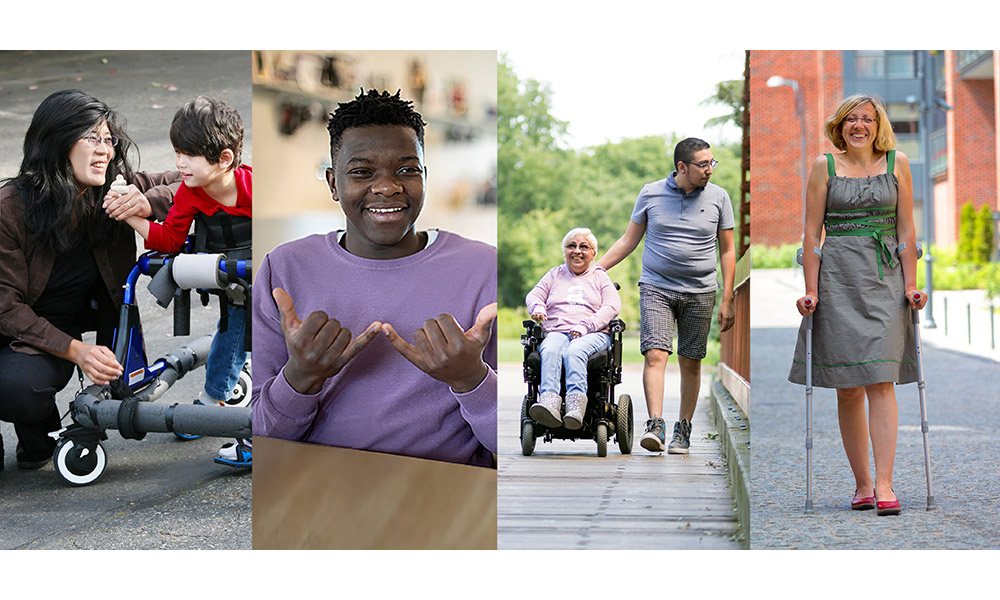
The COVID-19 Disability Survey captured perspectives from Canadians with different types of disabilities and their family members.
On Friday, December 3, the United Nations observes the International Day of Persons with Disabilities in a global effort to increase awareness for the rights and wellbeing of persons with disabilities.
Dr. Kathleen Martin Ginis, UBC Okanagan professor and director for the Centre of Chronic Disease Prevention and Management is currently leading the national COVID-19 Disability Survey in partnership with the Ontario-based Abilities Centre.
The latest survey results confirm critical support is needed to prevent further hardships experienced by Canadians living with disabilities.
What are the major issues facing Canadians living with disabilities during COVID-19?
Mental health and social isolation are significant areas of concern. The majority of respondents, some 78 per cent reported the pandemic has negatively impacted their mental health. Among adults, 90 per cent had a worse mental health score than the general population average and 82 per cent reported greater social isolation. For children living with disabilities, almost all respondents, 98 per cent of them, had a worse mental health score compared to the population average.
What increased stressors or barriers are people facing?
About 50 per cent of respondents reported constant worries about finances, future plans, and friends and family. Other stressors included access to vaccines, fear of catching COVID-19, becoming seriously ill, transportation safety and hygiene as well as general anxiety over world issues.
Since the start of the pandemic, 68 per cent have had their work hours reduced, been laid off or furloughed. As Canadians with disabilities are already at greater risk of unemployment, ongoing reductions in work among this group are deeply concerning.
How has the pandemic impacted healthy behaviours?
A large group of adults, almost 60 per cent, reported less physical activity and worse eating habits. Of those who smoke, use cannabis or drink alcohol, roughly half reported increased substance use. On a positive note, the proportion of adults meeting the World Health Organization’s adult physical activity guidelines has increased from the initial survey reporting from 19 to 32 per cent.
Among children with disabilities, 63 per cent are less physically active and 47 per cent have worse eating habits than before the pandemic. The overall level of inactivity in this population is particularly troubling—56 per cent of children with disabilities do not meet the daily recommended 60 minutes of moderate-to-vigorous activity.
What can be done to better support Canadians living with disabilities?
There is an urgent need for government agencies and community organizations to develop and implement pandemic response strategies to support the needs of people of all abilities.
Increased access to services that can improve mental health and reduce social isolation is crucial to prevent damaging health impacts. A significant boost in funding for emotional counselling, peer support, recreation and leisure programs, as well as attendant care services is required as the pandemic and public health restrictions continue.
The COVID-19 Disability Survey reporting represents data from Canadians who identify as having a disability—such as a physical, cognitive or sensory disability—or having a child or family member living with a disability in their household.
To learn more and read the full report, visit: abilitiescentre.org/our-impact/research-programs/disability-survey